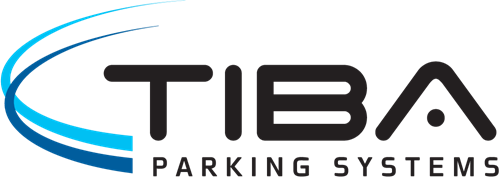The Internet of Things (IoT) has begun to permeate nearly every aspect of our daily lives; from entertainment to security to self-driving cars, it’s hard to find one industry that hasn’t taken advantage of the IoT’s ability to seamlessly connect smart devices and facilitate communication.
The IoT provides a host of benefits to a number of markets, with urban areas at the top of the list of those seeing a significant impact. The Smart City is empowered by the IoT, relying on connected devices to improve infrastructure and quality of life. In fact, according to recent research from IoT Analytics on 1,600 real IoT use cases, the largest amount of projects were part of Smart City initiatives.
Of the many fashions in which municipalities can benefit from the IoT, its role in traffic management is one of the most valuable. Cities frequently face a variety of challenges when it comes to traffic and parking, such as exceeded emissions limits, long search times for a parking space, valuable parking space not being monetized and more.
Solutions that utilize the IoT can effectively mitigate these issues. Real-time detection of available on-street parking spaces decreases traffic and pollution and reduces the required time and distance to park, improving mobility. Additionally, these solutions incentivize drivers to pay for parking, allowing cities to capture revenue from one of their most important assets and make the most out of their parking spaces.
The IoT also enables cities to automate processes that may be time consuming or costly. These solutions can continuously monitor traffic patterns or parking restrictions, such as delivery zones or handicap spaces, and implement the proper control, such as verification or a violation.
The overall enhanced traffic management achieved through IoT devices contributes to a comprehensive Smart City initiative that can vastly augment decision-making and operations. And the IoT’s effect doesn’t stop there: cities are seeing improvements to healthcare, commerce, government services and more. Smart grids can more efficiently transmit electricity, while wireless irrigation networks can promote water conservation.
The opportunities the IoT provides to cities are truly revolutionary and stand to revamp and boost an endless number of systems. And the examples above are just the beginning; as more data is collected and further use cases are identified, the possibilities will only expand.
About Cleverciti Systems GmbH
Cleverciti Systems has developed a world-class, end-to-end solution for parking detection, .jpg)
guidance & monitoring for on-street and outdoor parking. Cleverciti Systems aims to become the global smart parking leader by helping cities reducing traffic and pollution, allowing drivers to enjoy a seamless parking experience, and enabling infrastructures’ owners to maximize their returns. This will be achieved by scaling our current solution and staying at the forefront of disruption through continuous R&D. The company is headquartered in Munich, Germany with offices in Chicago and the San Francisco Bay Area. www.cleverciti.com



